Who We Are
BVMN is an independent, horizontal, self-organised network of NGOs, associations, and collectives. Our members (some of which are anonymous) participate in our Open Assembly to decide upon key strategic actions affecting our work. These decisions are carried out by a team of coordinators that manage daily operations. Each member organisation provides its own specific types of aid in addition to its involvement in BVMN.
Members
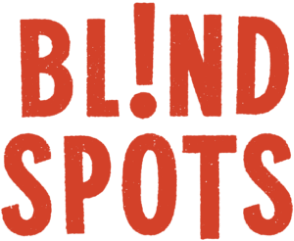
Blindspots is a non-profit association that aims to provide direct solidarity aid to people on the move and raise public awareness of places of humanitarian and political crisis. In Bosnia and Herzegovina, Blindspots works to improve the living conditions of people on the move in squats by installing stoves, carrying out construction work, and distributing firewood.

Collective Aid is a coalition of humanitarian programs dedicated to bridging the gap between immediate humanitarian needs and long-term advocacy for displaced people across Europe's borders. Operating in Serbia, Bosnia and Herzegovina, and Greece, Collective Aid has reached over 111,150 people since 2021, offering services such as non-food item (NFI) distribution, WASH (Water, Sanitation, and Hygiene) services, and advocacy for systemic change.
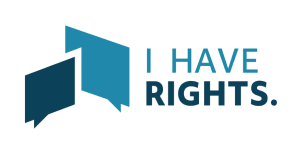
I Have Rights (IHR) is a legal and political NGO based in Samos, Greece. IHR works to defend the right to asylum in Europe and fights against pushbacks and the detention of people on the move. The organisation provides legal information, prepares asylum seekers for interviews, and legally represents them when necessary. Additionally, the IHR casework team conducts workshops for people on the move on the island.
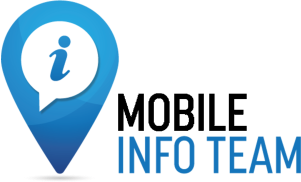
The Mobile Info Team (MIT) is a project based in Northern Greece, dedicated to providing vital information and assistance to people on the move about the asylum procedure and related procedures in Greece. Our team of caseworkers provides essential, accessible information to more than 5,000 individuals per year through hotlines operating in six languages, helping them understand their rights and empowering them by providing the information they require to make informed decisions about their own futures. MIT also carries out research and advocacy for a fairer asylum system in Greece and across Europe, producing reports grounded in the experiences of the communities we support, and using this evidence to push for systemic and evidence-based change.
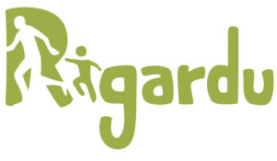
Rigardu is a non-profit organisation that campaigns for refugees and their rights. Initially, this included humanitarian projects on the so-called ‘Balkan route’, from which other projects such as political education work or the documentation of human rights violations as part of the Border Violence Monitoring Network emerged. The organisation currently offers various educational programmes for schools. Through active public relations work, the organisation aims to help shape a society that respects universal human rights.

Center for Legal Aid - “Voice in Bulgaria” (CLA) is a non-profit organisation that provides legal aid to asylum seekers, migrants and undocumented people. The legal team provides legal counsel and court representation, works in the closed immigration centers, refugee camps and maintains weekly open door reception hours. CLA provides holistic and case management support, especially to vulnerable groups. Our main advocacy campaigns focus on introducing alternatives to immigration detention and regularisation pathways for long-term undocumented migrants in Bulgaria.
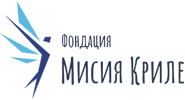
Mission Wings is an NGO established in Stara Zagora, Bulgaria, in April 2018. It operates a Counseling Center in Harmanli, providing support to people seeking and receiving asylum in Bulgaria. The organization offers licensed psychological, legal and social services to vulnerable populations, including the Roma community. Health consultation, psychological support, community empowerment, legal aid through partnerships, advocacy for access to rights, and addressing violence at borders through collaboration are integral to its activities.
![]()

We Are Monitoring (WAM) is part of the Border Group coalition, a solidarity humanitarian network on the Polish-Belarusian border. Since 2021, WAM has been working to advocate for human rights by collecting, analysing and sharing data on the scale of movement, abuses of power and various forms of violence, including institutional violence, experienced by people on the move. We are also collecting testimonies from those who have experienced pushbacks.
![]()
Legal Centre Lesvos (LCL) is a civil non-profit organisation that started as a grassroots, self-organized group of volunteer lawyers who met in Lesvos following the EU-Turkey Deal in 2016. Since August 2016, LCL provides free and individual legal information, assistance and representation to migrants who arrive by sea to Lesvos. Besides this continuous and direct support, the Legal Centre also works towards collective justice and structural change as part of local and international movements, including through advocacy and strategic litigation: documenting violations of migrants’ rights and engaging in advocacy and strategic litigation to hold the Greek government, Member States of the European Union, and European institutions to account.
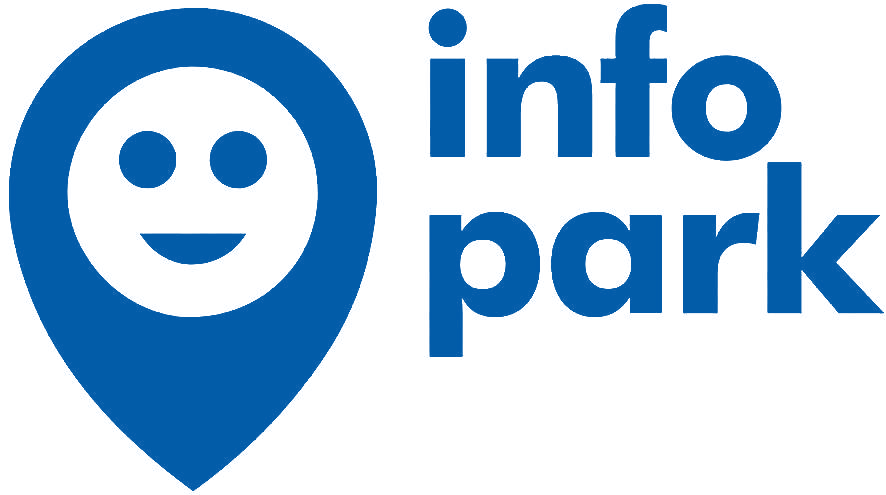
Info Park is a local grassroots collective established in 2015 providing aid, information, support, logistics, orientation and connectivity for people in need. It is a a vital refugee resource center in the heart of Belgrade serving over 15,000 refugees, migrants and asylum seekers annually. At the core of InfoPark’s mission are protection services delivered by dedicated cultural mediators and protection officers. Additionally, InfoPark identifies and extends protection services to vulnerable groups, including women, unaccompanied and separated children and survivors of gender-based violence and human trafficking.
Calais Food Collective (CFC) is a grassroots collective supporting people on the move in Calais by advocating for food and water autonomy. They were founded in spring 2020 as an emergency response to the pandemic when other NGOs were forced to suspend services, to ensure people still had access to food. In the years since then they have also developed their water, waste management and advocacy projects. The majority of people CFC support are fleeing conflict, war, persecution, or systematic violence in their home countries. Calais Food Collective is a member of Calais Appeal, a consortium of six organisations supporting people on the move at the UK-France border.
Structure
Our work is coordinated by 7 main working groups, in which members, BVMN staff and volunteers participate, as well as other allied organisations.
Field Team
Using BVMN’s standardised methodology, the Field Team collects individual testimonies of pushbacks and other types of violence inflicted against people on the move. These reports are then uploaded to our online database and made available for advocacy efforts undertaken by both the Network and other actors. With the aid of our field coordinators, the team is made of trained reporters operating in key geographic areas in Europe, working with the Network’s member organisations.
Research & Investigations Team
The Research and Investigations team supports the Field and Advocacy Teams and member organisations with further research and analysis into forms of violence identified in the testimony collection process or to investigate specific incidents. It also contributes to conducting in-depth research on the context in which border violence takes place, including but not limited to border regimes and practices of detention and pushbacks and the role of border surveillance technologies, biometrics and AI in the control and deterrence of people on the move. The team uses a range of research methodologies and sources in order to produce evidence of Europe’s violent border regime. It also collaborates with other civil society organisations, researchers, media and activists in various research, monitoring and investigative projects.
Advocacy Team
The Advocacy Team utilises the testimonies and findings of the Network to raise awareness amongst European parliamentarians, the Council of Europe, the United Nations and other key political institutions at the local, national, and international levels. The team participates in policy meetings, builds strategic alliances, and engages in complaint mechanisms to directly link the voices of those most directly affected by policy decisions to the bodies and individuals making such decisions. The team is composed of coordinators and volunteers from several member organisations.
Legal Advocacy Team
The Legal Advocacy Team supplies the Network with tools to recognize potential cases for litigation, to identify legal mechanisms and legal advocacy avenues, and to seek accountability for human rights violations. The legal working group engages with the Council of Europe through third party interventions to the European Court of Human Rights and communications on the executions of judgments. The team provides feedback throughout the EU legislative process to EU Institutions. It files freedom of information requests to EU bodies, institutions and agencies. The legal working group supports people on the move by connecting victims with legal professionals in order to exercise their rights.
Criminalisation Team
The Criminalisation Team monitors the criminalisation of people on the move and solidarity actors by tracking specific incidents, documenting and analysing current patterns, and producing relevant outputs. It participates in advocacy initiatives to challenge criminalisation in relation to recent developments in policy and practice. Acting as a focal point for Network members, the team provides support in response to criminalisation. It also works towards preventing criminalisation by offering resources, coordinating responses, and ensuring network preparedness to assist Member organisations.
Finance & Administrative Team
The Finance & Administrative Team ensures the economic stability of the Network by identifying funding sources and providing administrative support to the Network. They also work closely with member Rigardu e.V., which provides the legal administrative framework for the Network.
Communications Team
The Communications Team is responsible of communicating the Network's work to the world. It is in charge of creating content for our social media channels, updating our website, distributing our newsletter, and generally being the face of the Network in its interaction with the media.
